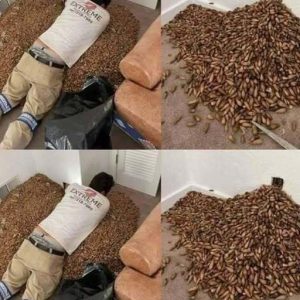The Roosevelt Avenue Crisis: A Community Under Siege
In Queens, New York, a two-mile stretch along Roosevelt Avenue has transformed from a vibrant immigrant hub into a battleground dominated by sophisticated criminal organizations. Residents describe it as an “occupied territory,” controlled by gangs like the 18th Street gang, Venezuela’s Tren de Aragua, and Chinese organized crime groups. These networks operate a range of illegal enterprises including human trafficking, document fraud, drug distribution, and forced prostitution.
Local law enforcement and federal agencies have made efforts to combat the crisis, but the problem persists. The New York Police Department’s “Operation Restore Roosevelt” brought a 29% crime reduction with over 200 extra officers deployed and hundreds arrested for prostitution-related offenses. However, community leaders report that gangs quickly replace arrested members, making enforcement gains temporary.
The Restore Roosevelt Avenue Coalition, a grassroots group, has been persistent in advocating for sustained federal intervention. Their repeated letters to FBI Director Kash Patel highlight the severity of the situation, pinpointing eight known brothels and five active sex worker hotspots in the area. Coalition spokesperson Rosa Sanchez emphasizes the psychological toll on families and children exposed daily to visible exploitation and violence.
The involvement of transnational criminal groups like Tren de Aragua highlights the international scope of the problem. These organizations exploit the immigrant population’s vulnerabilities, using forged documents and fear of deportation to maintain control. Brothels masquerade as legitimate businesses, often operating with apparent impunity, raising questions about local corruption or overwhelmed law enforcement resources.
Politically, responses have been mixed. Rep. Alexandria Ocasio-Cortez has secured federal funding for victim services and violence interruption programs, while Rep. Grace Meng has advocated for more direct law enforcement resources. Yet, community advocates argue these measures address symptoms rather than dismantling the criminal infrastructure.
The Roosevelt Avenue crisis is more than a local crime issue—it’s a test of America’s ability to protect immigrant communities from entrenched transnational crime. The community’s organized advocacy, despite risks, embodies democratic resilience and demands sustained federal attention.
As federal and local agencies coordinate, the outcome here will set a precedent for how similar neighborhoods nationwide confront organized crime. The residents’ fight is not just for Roosevelt Avenue but for the rule of law and safety that all Americans deserve.





